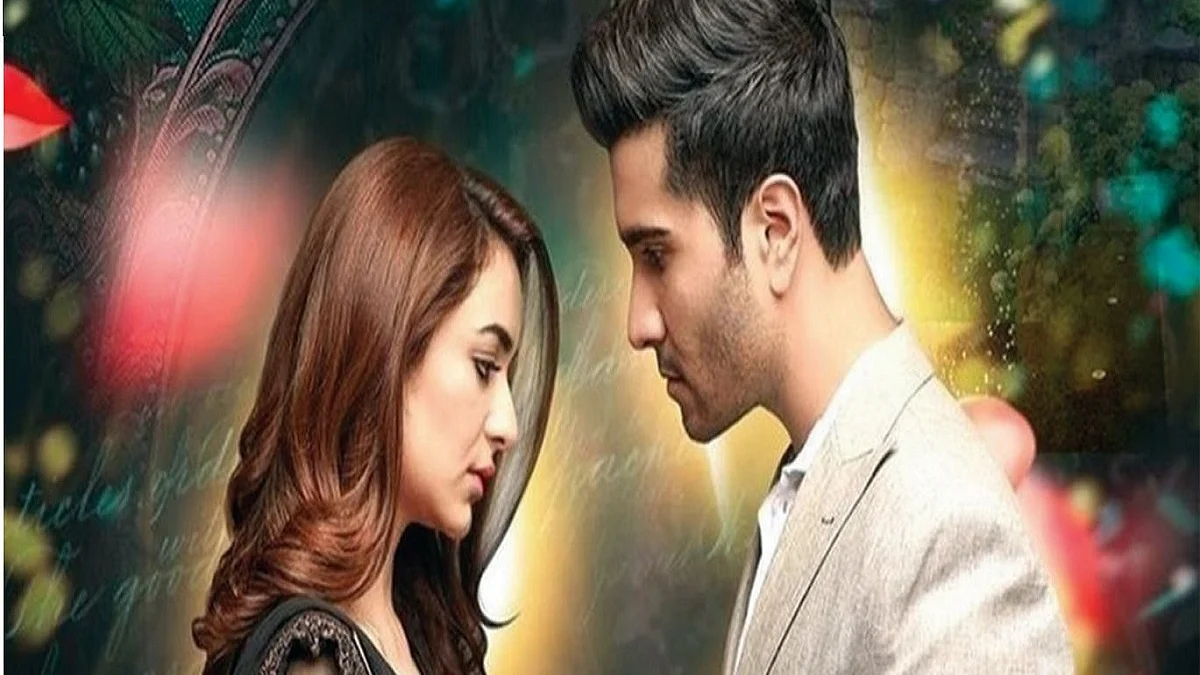Reel Life: How Rabindra Sangeet found its way in a Pakistani serial
Rabindra Sangeet in a Pakistani serial? Pakistani American director Mehreen Jabbar says she was drawn to it ‘in a very instinctive, basic, primal way’ and wanted to share it with her viewers

Things on the Internet have a way of acquiring a life of their own. Sometime late last year veteran Pakistani-American director Mehreen Jabbar posted two videos on Instagram from her serial from three years ago Dil Kya Karay featuring lead actor Yumna Zaidi singing Rabindra Sangeet. They have since gone viral, getting widely shared, loved and appreciated even nine months down the line, as we enter September.
Dil Kya Karay, currently available in India on MX Player, is a love triangle that has two best buddies, Armaan and Saadi, falling in love with the same girl, Aiman, played by Zaidi. The popular Bengali songs featured in the series are ‘Amaro porano jaha chay’ and ‘Ami tomaro birohe rohibo bilieen’. The clips show Aiman singing them in a gathering of friends.
How did Rabindra Sangeet land in the serial? Are there lovers of it in Pakistan? How known is Tagore in our neighbouring nation? A Pakistani columnist friend living in Australia pitches in: “There are many Tagore fans in Pakistan, but the popular culture has lost connection with most of the classics now,” she informs me over an email exchange, herself flummoxed with the use of Rabindra Sangeet in the series.
Why did Jabbar think of using it? How did the idea come about? Do the songs ground Aiman in the world of literature, poetry and music? What bearing do they have in her relationship with the two men? As several questions danced in my head, I decided to reach out to Jabbar herself to know more on the music in her show and have her put the specific clips in context.
Turns out that the songs have been sung by Indian actor-musician Sharvari Deshpande who happens to be a friend of Jabbar’s dear friend. Jabbar got to know her while she was in New York, singing in one of the gatherings. “It was beautiful sangeet that I instantly fell in love with, and it stayed on in my memory,” recounts Jabbar. It came back to her when she was shooting Dil Kya Karay three years ago.
In fact, after the clips from the serial went viral, recently Jabbar put yet another clip, this time of Deshpande herself singing the beautiful rendition of Rabindra Sangeet. “Have received so many queries and questions from the Bengali press and people from West Bengal and Bangladesh :) thought to share the time when I first heard her sing it”: Jabbar wrote on Instagram.
Her heroine Aiman is shown to be a lover of poetry in general, though not Tagore specifically. She has just returned from the US to Pakistan and occasionally hums and sings.
“There were a couple of sequences where Aiman sings and where I thought it would be lovely to use Sharvari’s piece and introduce it to the Pakistani audiences who may not be as familiar with it,” says Jabbar. So, she requested her to sing for the show. In fact, Deshpande sang three-four pieces—of Tagore and also of Pakistani legends Farida Khanum and Nayyara Noor.
Jabbar claims that unfortunately, unlike the character in her series, she is herself not as familiar with Tagore. “I was just drawn in a very instinctive, basic, primal way to the words and subsequently I got their translation and meaning. The melody was just sublime and beautiful, and I knew that I wanted to share it with my viewers,” she says.
She is happy, of course, that these segments are being noticed. What she finds even more intriguing is how the power of social media has brought a serial, that was aired three years ago, suddenly back in currency. It’s even more interesting and laudatory that it has rekindled a heart-warming debate and discussion about the return of sustained and dynamic cultural exchanges and artistic alliances between the two countries.
Collaboration with Indian talent is nothing new for Jabbar. Her debut feature, Ramchand Pakistani (2008), about accidental border crossing by a Hindu Dalit Pakistani Shankar and his son Ramchand, had Indian actor Nandita Das in the major role of the wife/ mother Champa waiting back home in Pakistan for the two men in her life to return.
That kind of cinematic partnership is difficult to envisage now, what with Pakistani actors banned in Bollywood in the wake of the terror attack by a suicide bomber in Pulwama, Jammu and Kashmir in 2019, that resulted in the death of 40 CRPF personnel.
All one can hope for is another political thaw and resultant peace for the partnerships to get forged again.
Follow us on: Facebook, Twitter, Google News, Instagram
Join our official telegram channel (@nationalherald) and stay updated with the latest headlines